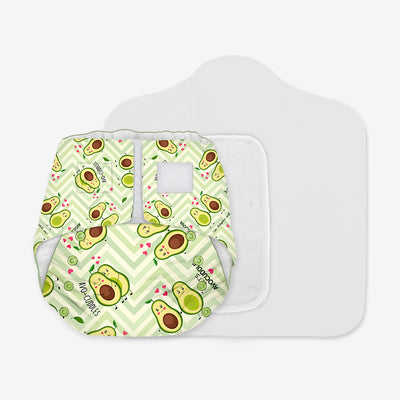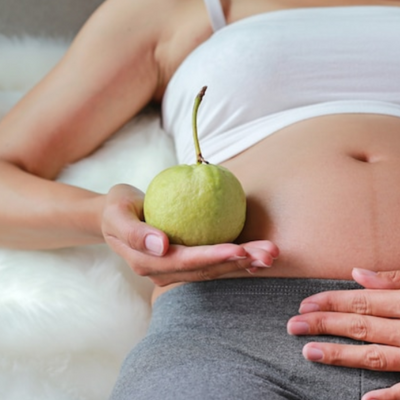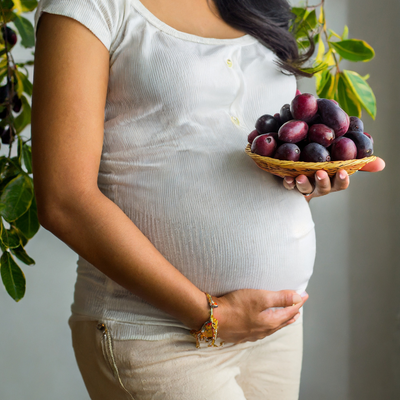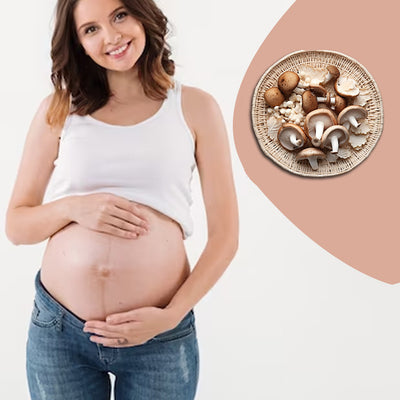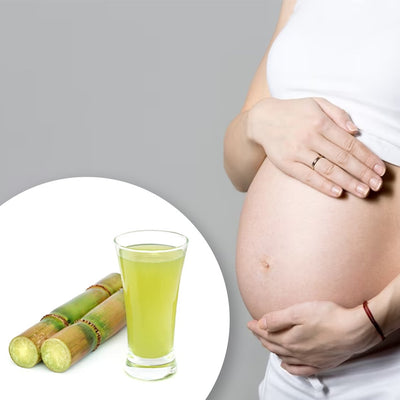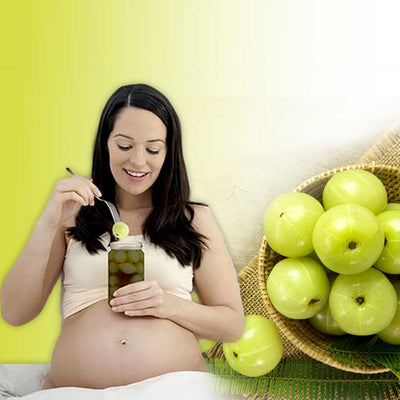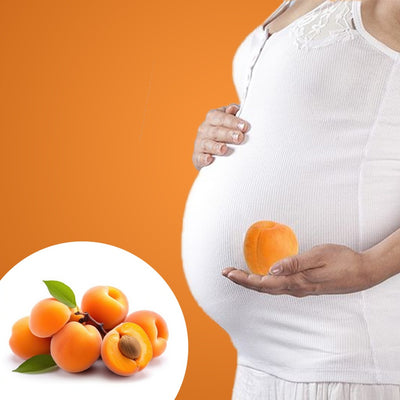Eating Plums (Aloo Bukhara) During Pregnancy

Eating Plums (Aloo Bukhara) During Pregnancy
During pregnancy, maintaining a healthy and well-balanced diet is of utmost importance for both the mother and the growing baby. As an expecting mother, you may find yourself exploring various food options to ensure you meet the nutritional needs of this special journey. One such delightful and nutritious addition to your pregnancy diet is plums, commonly known as Aloo Bukhara. These juicy and flavorful fruits are not only a delicious snack but also bring a host of benefits to the table. In this blog, we will delve into the nutritional advantages of including plums in your diet during pregnancy, addressing common concerns and shedding light on why these succulent fruits can be a fantastic choice for expectant mothers. Let's embark on a journey to discover how incorporating plums can contribute to a healthy and enjoyable pregnancy.
Can You Eat Plums During pregnancy?
Expectant mothers can eat plums as part of a well-balanced and nutritious diet. These delicious fruits contain a wide range of vitamins, minerals, and antioxidants that can benefit both the mother and the developing baby. Plums are high in essential nutrients like vitamin C, fiber, and potassium, which help to improve maternal health and support baby growth. However, like any food, moderation is essential. Plums in the pregnancy diet can provide not only a burst of flavor but also a nutritional boost, allowing you to sail through this special time with vitality and well-being.
Nutritional Value of Plums
The nutritional value of plums makes them a standout choice for expectant mothers. These succulent fruits are a powerhouse of essential nutrients, including vitamin C, vitamin K, potassium, and dietary fiber. Vitamin C supports the immune system, while vitamin K plays a crucial role in blood clotting. The potassium content helps maintain a healthy blood pressure, and the dietary fiber aids in digestion and alleviates common pregnancy-related digestive issues. Additionally, plums contain antioxidants that contribute to overall well-being. Incorporating plums into your pregnancy diet not only satisfies your taste buds but also provides a diverse range of nutrients crucial for a healthy pregnancy journey.
Benefits of Eating Plums During Pregnancy
Rich Source of Vitamin C:
Plums are an excellent natural source of vitamin C, which is essential for supporting the immune system during pregnancy. This vitamin helps to protect both the mother and the baby from illnesses and promotes overall well-being.
Supports Digestive Health:
Plums, with their high fiber content, are a natural remedy for common digestive issues during pregnancy. They promote regular bowel movements, which help to relieve constipation and discomfort.
Regulates Blood Pressure:
Plums contain potassium, which helps maintain a healthy blood pressure level. This is especially beneficial for expectant mothers, as it promotes cardiovascular health.
Facilitates Blood Clotting:
Vitamin K, abundant in plums, supports proper blood clotting. This is essential for preventing excessive bleeding during childbirth and promoting overall circulatory health.
Antioxidant Boost:
Plums are rich in antioxidants that combat oxidative stress, providing an extra layer of protection for both the mother and the developing baby.
Natural Energy Source:
The natural sugars in plums offer a quick and healthy energy boost, helping combat pregnancy fatigue and keeping you active throughout the day.
Incorporating plums into your pregnancy diet can bring forth a myriad of benefits, contributing to a healthier and more enjoyable journey to motherhood.
FAQ
Q1: Can I eat plums every day during pregnancy?
A: Yes, you can enjoy plums daily as part of a balanced diet. However, moderation is key. Including a variety of fruits ensures a diverse range of nutrients for you and your baby.
Q2: Are there any risks associated with eating plums while pregnant?
A: Generally, plums pose no risks during pregnancy when consumed in moderation. However, if you have specific concerns or conditions, it's advisable to consult with your healthcare provider.
Q3: Will eating plums help with pregnancy-related constipation?
A: Absolutely! Plums are rich in fiber, which aids digestion and helps prevent or alleviate constipation—a common issue during pregnancy. Ensure you're hydrating well for optimal results.
Q4: Can plums replace prenatal vitamins during pregnancy?
A: While plums offer valuable nutrients, they don't replace the need for prenatal vitamins. These supplements are specifically formulated to meet the increased nutritional requirements during pregnancy.
Q5: How can plums contribute to my baby's development?
A: Plums provide essential vitamins like C and K, crucial for immune function and blood clotting. Additionally, the antioxidants in plums contribute to overall health, supporting your baby's development.
Q6: Are there any specific benefits of eating plums in the third trimester?
A: Yes, in the third trimester, the fiber in plums can be particularly beneficial for alleviating constipation. The potassium content also aids in maintaining healthy blood pressure, supporting your cardiovascular health during this crucial stage of pregnancy.





